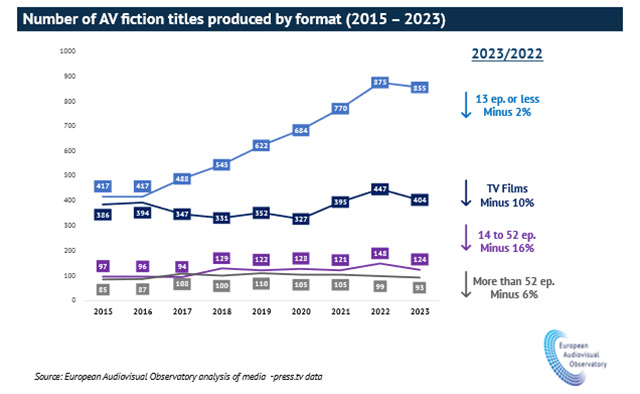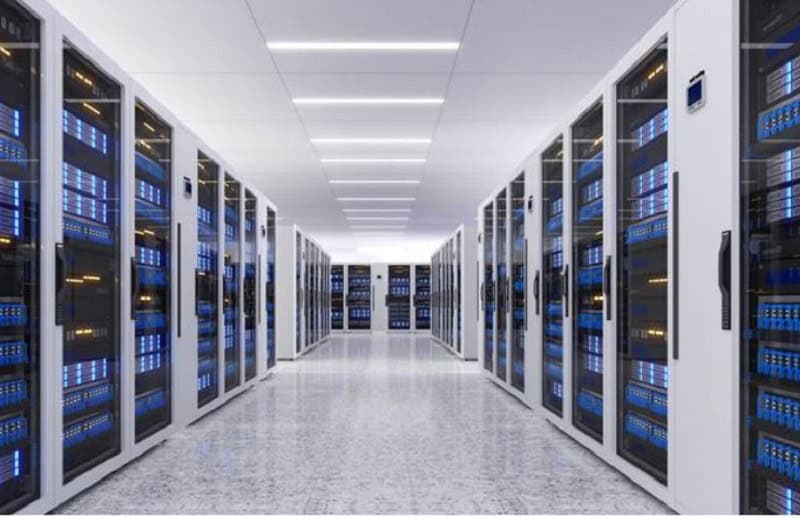World
Europe’s Climate Backlash Is a Gift to China’s Global Dominance

As Ursula von der Leyen embarks on her second term as European Commission President, she carries the weight of a continent’s climate ambitions. But her already weakened agenda faces further dilution by the most right-wing, green-averse Commission in history – potentially leaving Europe’s economy out in the cold for decades.
Despite a hard push on the Green Deal dominating her first term, von der Leyen’s language has shifted to talk instead of economic boosts and industry support. And so, even as demand for batteries and digital infrastructure soars, our elected officials cave to climate backlash driven by the cost of living.
Already, the continent’s rightward shift is stalling renewables projects and green tech investments. Pressure from governments and the car industry, for example, makes it look increasingly likely that the phase out of petrol and diesel cars by 2035 will be relaxed.
This is dangerously short-sighted because Europe isn’t just falling behind in the green transition – it’s opening the door to Chinese dominance.
For decades, thirst for fossil fuels has dictated geopolitics, shaping alliances, conflicts, and dependencies. Europe’s reliance on Russian gas has allowed Putin to hold the continent hostage. And now, as critical minerals replace fossil fuels as the lifeblood of modern economies, Europe risks repeating the same mistake with China.
Despite sitting on untapped rare earth deposits, Europe relies on China for 98% of its rare earths – essential materials for clean energy technologies. And China dominates the green energy market, holding at least 60% of the world’s manufacturing capacity for most mass-manufactured green energy technologies, including solar panels, wind turbine systems and batteries.
No doubt, European leaders are getting tougher with tariffs on Chinese-made electric vehicles by recently topping up the existing duty to 35% – a move that aligns the bloc with Western efforts to combat China’s edge. But the EU’s trade deficit with China rocketed to €292 billion last year – a glaring vulnerability in an increasingly tense resource race.
To limit global temperature rise to under 2°C, the demand for critical minerals essential to clean energy must quadruple by 2040.
The intensifying scramble for resources is already edging toward geopolitical conflict, and Europe’s dependence leaves it vulnerable.
Through aggressive investments, Beijing has entrenched itself in resource-rich nations, exploiting weak governance to dominate critical mineral supply chains. After flooding global markets with cheap tungsten to eliminate competitors – a key material for batteries and wind turbine magnets – China now restricts its exports.
The list is long, but Chinese firms hold stakes in over 60 mining projects for essential minerals like lithium, cobalt, nickel, and manganese. They control three-quarters of the Democratic Republic of Congo’s cobalt and copper mines, lead lithium mining in Zimbabwe and have invested over $16 billion in Peru’s mining sector since 2009.
Concerningly, this dominance is tied to human rights abuses including physical abuse, the trafficking of children, dangerous environmental degradation, and exploitative practices – echoing the patterns of fossil fuel dependency.
The EU’s Critical Raw Materials Act offers a roadmap, but its ambitions face serious bottlenecks: domestic supply constraints, processing bottlenecks, and stiff global competition.
Von der Leyen must double down on her vision for a greener future, reframing climate action in terms her right-leaning colleagues understand: Europe’s survival depends on resource security.
To protect itself structurally and economically, the EU must wean itself off Chinese imports. It must invest in domestic mineral production, streamline permitting processes, support green mining technologies, and build refining and recycling infrastructure.
It must also go beyond the limits of the Critical Raw Minerals Act to forge stronger alliances with other key players in the renewables game, to build competitiveness and smooth the transition from fossil fuels to renewables – just as China has done in Southeast Asia.
Europe can also do more to accelerate extra-EU investments from like-minded partners that are helping to haul the continent out of its industrial rut.
For instance, the Canadian firm Brookfield Renewable Partners is in negotiations to acquire a majority stake in French renewable energy provider Neoen – regarded as a strategic move to strengthen Neoen’s position as a global leader.
And in the Gulf, Europe is finding cash-rich allies that share its climate agenda. Abu Dhabi’s renewable energy company, Masdar, has recently acquired a 49.9% stake in 48 Spanish solar operated by Endesa for €817 million.
Another Abu Dhabi megalith, ADNOC, made headlines earlier this year by acquiring German chemicals giant Covestro for €14.7 billion. ADNOC is pivoting towards low-carbon and sustainable technologies including a “Sustainable Future” strategy which aims to reach Net Zero by 2045; a complimentary partnership with the EU’s climate agenda. Plus, its five-year $150 billion capital investment plan is the sort of cash injection that could benefit the entire continent.
When Europe makes its own overseas investments in new mining and green energy opportunities, it must prioritise long-term partnerships that foster profit-sharing and local industrial development.
These investments should be anchored in rigorous sustainability practices and uphold strict human rights standards, setting a precedent for ethical and equitable resource collaboration.
Without decisive and ethical action, Europe risks being side-lined in the green revolution – or worse, finding itself trapped in the next great resource conflict, one China is already positioned to dominate.










